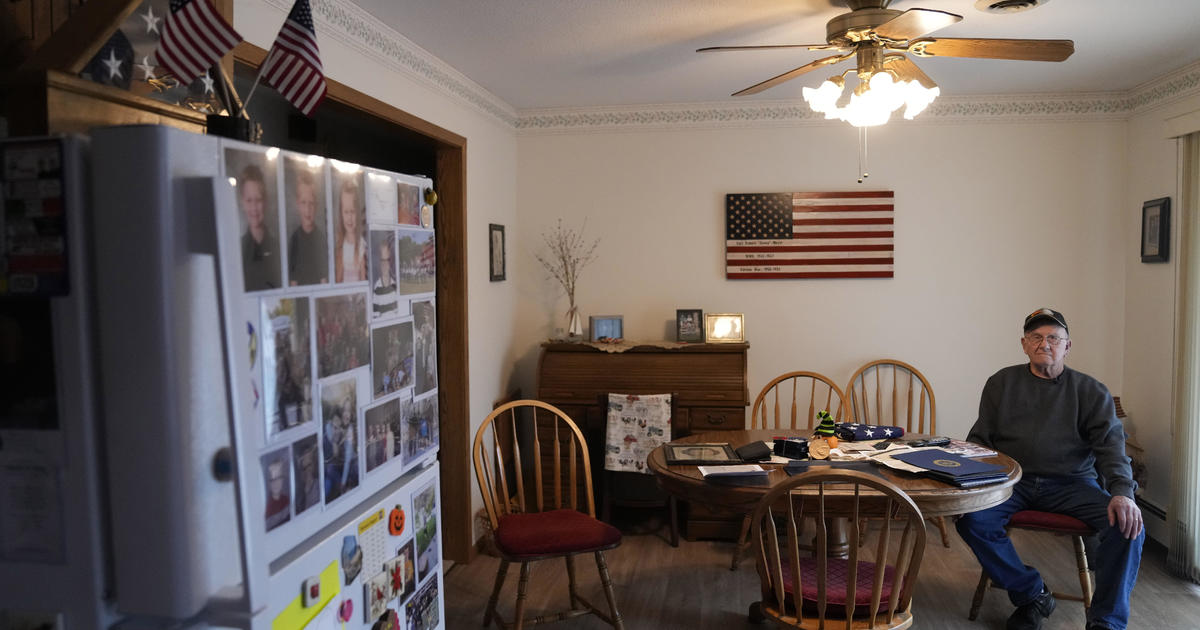Good Question: How Are Troops Called Up?
MINNEAPOLIS (WCCO) -- The soldiers holding their kids. The tears of a wife or a father. The deployment ceremony honoring citizen soldiers is one of the most emotional parts of a war. But leading up to that, who decides which units to deploy?
"It actually starts in theatre," said Lt. Col. Larry Herke, a mobilization specialist with the Minnesota Army National Guard.
It's not that General Petraeus is sitting in Iraq saying, "I need 80 soldiers from St. Cloud, Minn. Now!"
"What he's actually saying, 'I need one combat aviation brigade to fulfill this requirement," said Herke.
That planning process can start up to three years before any one unit gets the call. From the commander in the field, it goes to the Department of Defense, then to the Army, then to the National Guard in Washington, D.C.
"They use what's called the Army Force Generation Model. It's a list of people available, based on type. When your name comes to the top, you are looked at specifically for that type of deployment," said Herke.
Over the past weekend, 80 soldiers from St. Cloud were deployed. But clearly, it's not just those people from St. Cloud who are trained to fly Chinook helicopters to move troops and supplies around. There are other units similarly trained around the country.
According to Herke, the model looks at when soldiers deployed last, what is their rate of readiness, how is their equipment and if it is ready to go.
The good news is that since 2007, soldiers know they're being called up with a fair amount of notice. It begins with a notification of sourcing about two years before the deployment, a notice that says, "Hey, you may have to go."
With one year out, a soldier will get an alert order.
"That confirms the location and gives you a more specific idea of what the mission might be," said Herke.
During the summer of 2010, 2,700 soldiers with the Minnesota Red Bulls got their alert order, warning them that they may be needed in Iraq in the summer of 2011.
Six months out, the mobilization order arrives, which Herke says essentially confirms, "You are going to go."
The process is rigid, and comes from the national level, not the state.
"It's sometimes a mystery that it actually works. But it does," said Herke.



